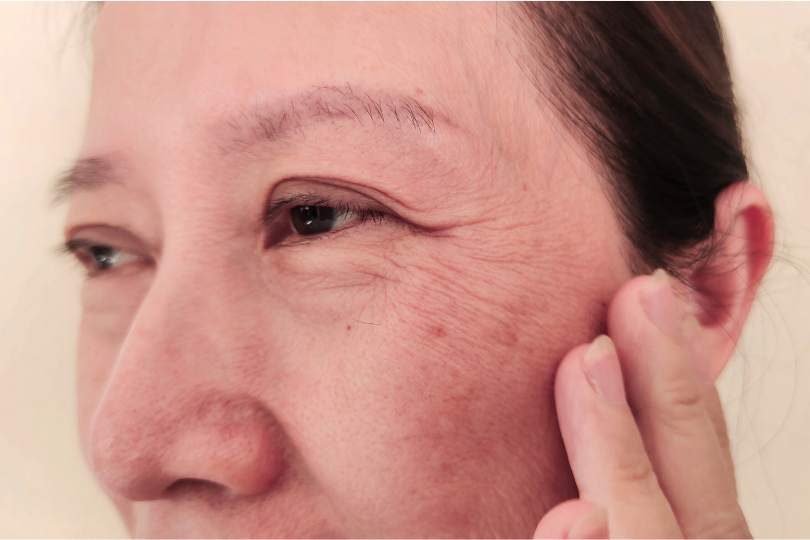Perimenopause is one of the most confusing and least talked-about phases of a woman’s life. Most of us never learn about it in school, and by the time it starts, we’re often caught off guard — wondering why our periods are acting up, or why we suddenly can’t sleep through the night.
This transition is completely normal, but that doesn’t mean it’s easy. With the right knowledge and support, though, it can feel a lot more manageable — and a lot less lonely.
Perimenopause means “around menopause.” It’s the stage before menopause, when your ovaries start to slow down and your hormone levels — especially estrogen — begin to shift. Think of it as your body gradually winding down its reproductive role.
This phase usually starts in your 40s, but it can begin as early as your 30s or as late as your 50s. It can last for a few months or stretch over several years (usually 2-5 years). Menopause itself is just one moment in time — when it’s been 12 months since your last period. But perimenopause is where most of the changes happen.
During perimenopause, estrogen starts to drop, but it doesn’t drop in a straight line. It goes up and down, sometimes higher than before, then suddenly low. That’s why it can feel like such a rollercoaster, physically and emotionally.
Estrogen affects almost everything in your body: your brain, skin, bones, heart, sleep, and even how your bladder works. So when it fluctuates, the ripple effects can be felt everywhere.
Every woman experiences perimenopause differently, but here are some common signs:
Understanding what’s happening in your body gives you back greater control. Here’s why:
There are options. Hot flashes, low mood, dryness — these can all be treated or improved. When you understand what’s happening, it feels a little less scary — and a lot more manageable.
There’s no one-size-fits-all solution, but here are things that can help:
Using an app like Hey Taylor, or even jotting things down in a journal, can help spot patterns — and makes your doctor’s job easier, too.
If your symptoms are starting to affect your daily life, it’s time to speak to someone. Some signs not to ignore:
Perimenopause is a natural part of life — not something to fear or suffer through in silence. It’s okay to have questions. It’s okay to need help.
With the right care, this can be a season of awareness, strength, and preparation for your next chapter. And if you’re not sure where to start, you’re not alone — Taylor’s care team is here when you need us.



If your routine suddenly feels out of step, it’s not your products, it’s your hormones. As estrogen begins to fall, the signals that keep skin strong and hydrated weaken. Dryness, breakouts, pigmentation, and slower healing start to appear, even with the same products you’ve always used. The good news: you can adapt. With smart everyday care (SPF, hydration, retinoids, vitamin C), lifestyle support (nutrition, sleep, stress), and medical options when needed (prescription treatments or hormone therapy), your skin can stay strong and healthy well into your 40s, 50s, and beyond.

Many sexually transmitted infections can lie dormant for months or even years without symptoms. Understanding the facts — and getting tested together — can help you move forward with clarity and care.

HPV, the most common sexually transmitted infection worldwide, can cause abnormal cervical cell changes, potentially leading to Cervical Intraepithelial Neoplasia (CIN) or cervical cancer if left untreated. Routine screenings and vaccinations are your best defenses against its risks.